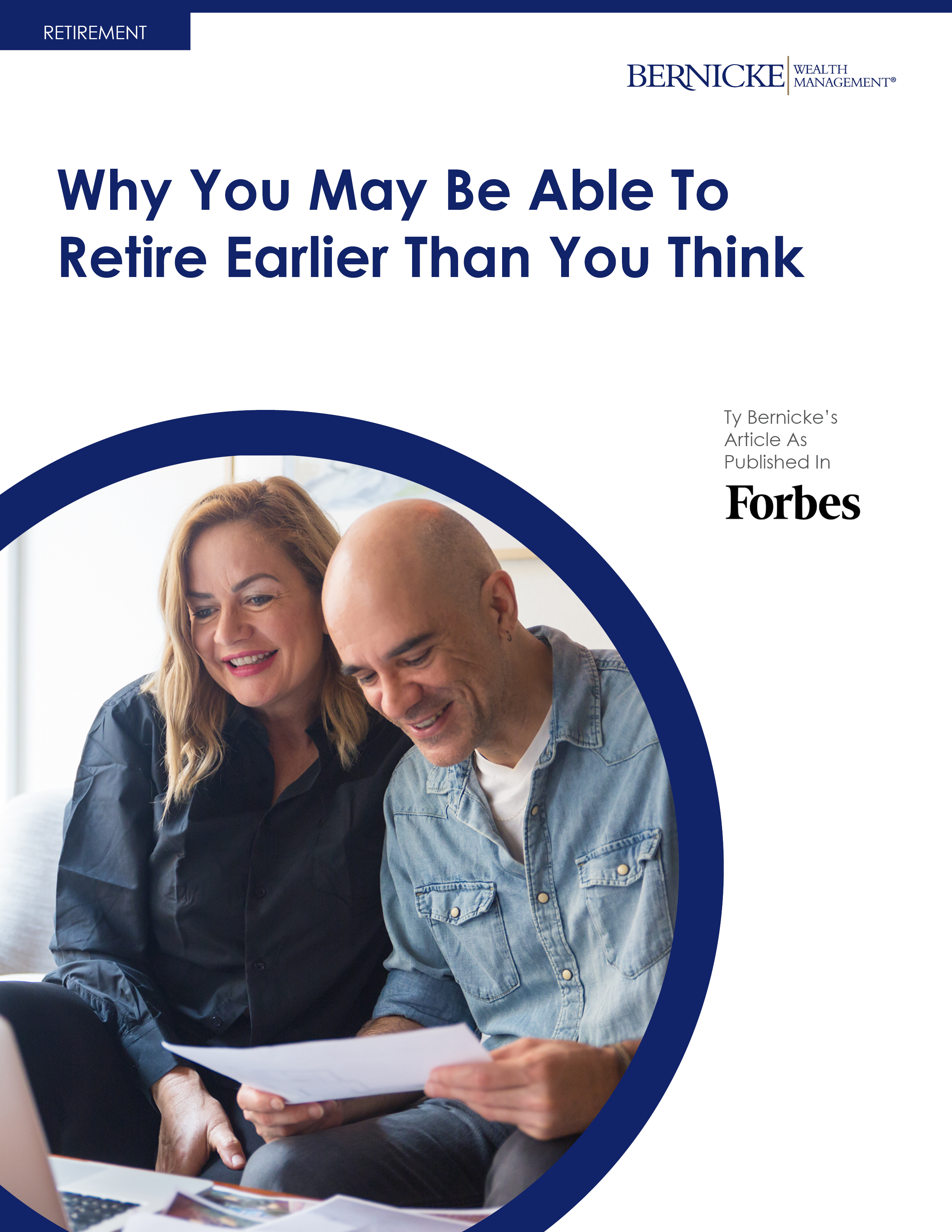In this video, Ty Bernicke, CFP®, President & CEO, discusses the factors to consider when deciding whether to claim Social Security benefits early or delay them. Discover the pros and cons of different Social Security claiming strategies and how they can affect your retirement income.
Hello, everybody! My name is Ty Bernicke, and I wanted to talk to you a little bit about how to slash your health insurance expenses in retirement.
Factors Affecting Health Insurance Costs Before Age 65
There are many factors that can affect health insurance costs prior to the age of 65.
Many people will either go on the exchange and get Affordable Care Act insurance, also known as ACA insurance. Other people will go to a state-run plan that is similar to ACA but usually has different nuances. But most of these plans are affected by your age or location, the number of people covered, your history of tobacco use. The plan you choose, of course, can play a big role in the cost, and something called tax credit availability can play a big role in how much you pay in that type of health insurance that you might need after you retire.
Tax Credits and Modified Adjusted Gross Income
But before you turn Medicare age at age 65, tax credits are affected by something called your modified adjusted gross income. The greater your modified adjusted gross income is, the fewer tax credits that you get. So the higher that modified adjusted gross income goes up, the higher the cost of your health insurance. All things being equal, on average.
Understanding Modified Adjusted Gross Income from an Investment Perspective
In order to understand how modified adjusted gross income works from an investment perspective, each different bucket of investment works a little bit differently. The tax-deferred bucket, which includes things like IRAs, 401(k)s, 403(b)s, and 457 plans. When you take money out of this bucket in retirement, generally speaking, 100% of the distributions are taxable and 100% of the distributions count towards modified adjusted gross income as it applies to your health insurance costs.
Generally, anything from the tax-free bucket, which includes things like Roth IRAs, Roth 401(k)s, Roth 403(b)s, and Roth 457(b)s. Generally, qualified distributions from this bucket do not count towards modified adjusted gross income and are not taxable. The basis taken out of non-qualified investments means it’s not in a retirement plan like one of the plans mentioned here.
Now, depending on the types of investments that you own in this bucket, the interest in dividends and gains earned can affect modified adjusted gross income. But distributions from this bucket that when you might sell a lump of this bucket. If it’s just basis that is not subject to modified adjusted gross income. So these two buckets can be quite efficient when it comes to reducing the cost of your health insurance by reducing your modified adjusted gross income and thereby increasing your tax credits.
What’s Included vs. What’s Excluded in Modified Adjusted Gross Income
So now I’d like to talk a little bit about modified adjusted gross income and what is included versus what’s excluded.
What’s Included
- Wages
- Salary pay
- Social Security
- Pension income
- Net business income
- Municipal bond interest
- Distributions from that tax-deferred bucket
- Dividends
- Capital gains
- Interest income
All of this is included on an annual basis as it applies to figuring out what your modified adjusted gross income is, which again, well, the higher that goes in generally speaking increases the costs of your health insurance for ACA or state-run health insurance post-retirement.
What’s Not Included
More importantly than what is included is what is not included:
- Qualified Roth IRA distributions from that tax-free bucket are not included in modified adjusted gross income.
- The basis from non-qualified investments is not included in modified adjusted gross income.
So if it’s important for you to reduce unnecessary health insurance costs once you retire but before you start Medicare at age 65, making sure that you have enough in the buckets to support your lifestyle to get you to 65 is extremely important.
Have retirement questions?
Schedule a quick 15-minute call with one of our CERTIFIED FINANCIAL PLANNER™ professionals to discuss your most pressing questions related to retirement. You can also reach us directly at (866) 832-1173.
Content in this material is for general information only and not intended to provide specific advice or recommendations for any individual. All investing involves risk including loss of principal. No strategy assures success or protects against loss.



